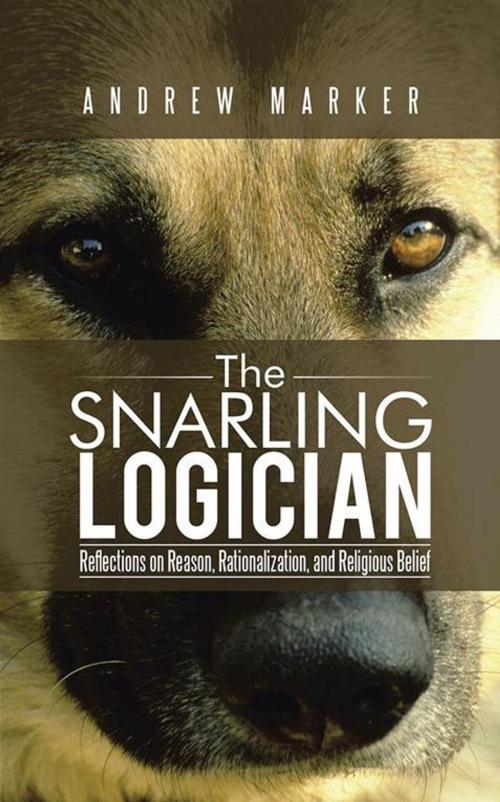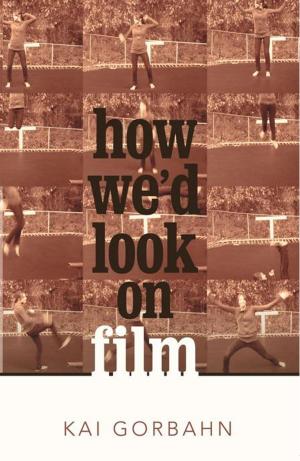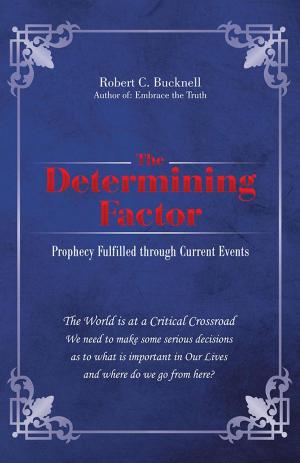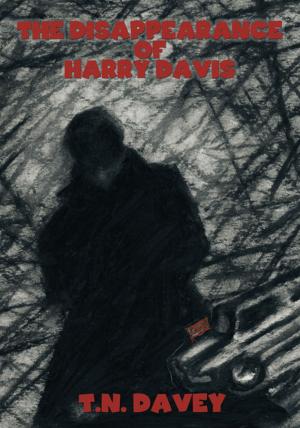The Snarling Logician
Reflections on Reason, Rationalization, and Religious Belief
Nonfiction, Religion & Spirituality, Philosophy, Religious| Author: | Andrew Marker | ISBN: | 9781491751121 |
| Publisher: | iUniverse | Publication: | October 23, 2014 |
| Imprint: | iUniverse | Language: | English |
| Author: | Andrew Marker |
| ISBN: | 9781491751121 |
| Publisher: | iUniverse |
| Publication: | October 23, 2014 |
| Imprint: | iUniverse |
| Language: | English |
The Snarling Logician presents the reflections of a free-thinker. It explains in what sense free-thinking is free, and also the sense in which it is not. Free-thinking, the author argues, essentially involves a commitment to follow the evidence wherever it leads, and to accept the conclusions of rational inquiry, even if those conclusions initially displease us. The book contains three essays. The first explores the nature of the philosophic quest. It emphasizes the difficulty of doing philosophy, and the even greater difficulty of writing about it in plain language. The second essay defends the philosophy of evidentialism, and shows why religious faith inevitably has a corrupting influence on the human mind. The final essay attempts to prove beyond any reasonable doubt that there is no God. This is not the undecidable question many take it to be. There are in fact at least three cogent arguments for the atheistic position, any one of which would suffice to demonstrate the irrationality of traditional western monotheism, as found in the religions of Christianity, judaism, and Islam. Although the concept of evil appears in all three arguments, the famous argument from evil is not one of the three offered here. The common notion that the argument from evil is the best, or even the only serious, objection to theism, is simply false.
The Snarling Logician presents the reflections of a free-thinker. It explains in what sense free-thinking is free, and also the sense in which it is not. Free-thinking, the author argues, essentially involves a commitment to follow the evidence wherever it leads, and to accept the conclusions of rational inquiry, even if those conclusions initially displease us. The book contains three essays. The first explores the nature of the philosophic quest. It emphasizes the difficulty of doing philosophy, and the even greater difficulty of writing about it in plain language. The second essay defends the philosophy of evidentialism, and shows why religious faith inevitably has a corrupting influence on the human mind. The final essay attempts to prove beyond any reasonable doubt that there is no God. This is not the undecidable question many take it to be. There are in fact at least three cogent arguments for the atheistic position, any one of which would suffice to demonstrate the irrationality of traditional western monotheism, as found in the religions of Christianity, judaism, and Islam. Although the concept of evil appears in all three arguments, the famous argument from evil is not one of the three offered here. The common notion that the argument from evil is the best, or even the only serious, objection to theism, is simply false.















